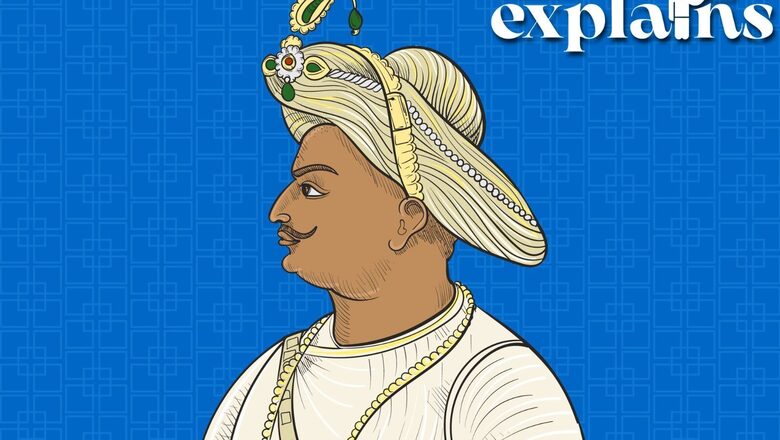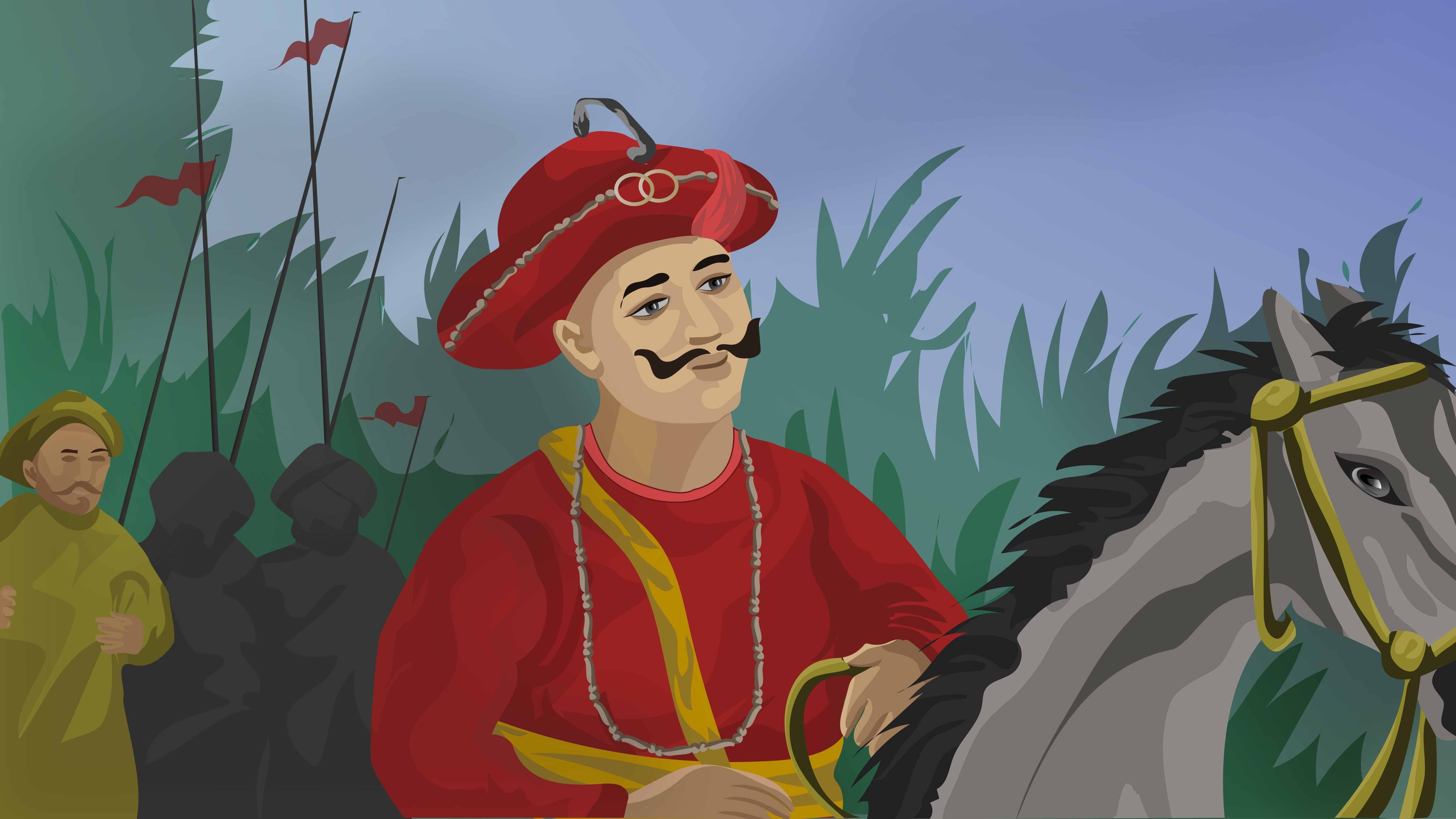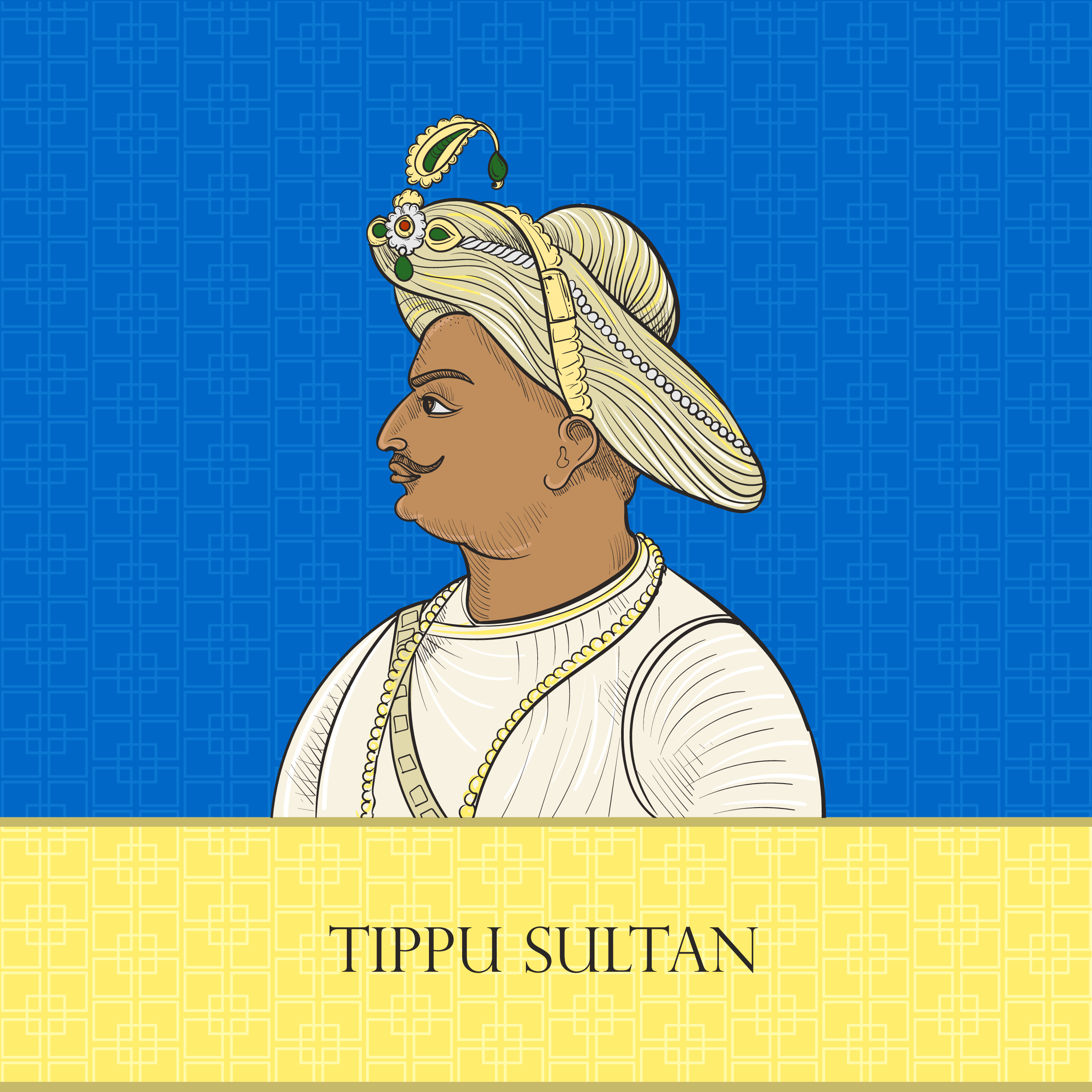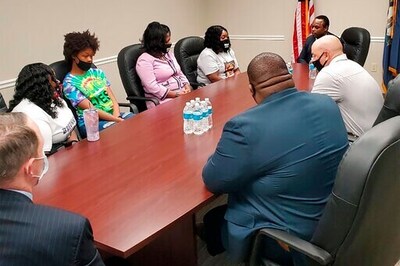
views
A film production company run by Karnataka minister Munirathna has released a video depicting two mythological Vokkaliga chieftains as the “true killers” of Tipu Sultan, furthering the Sangh parivar’s allegation that the 18th-century Mysore king did not die fighting British colonialists, said reports. Uri Gowda Nanje Gowda, after the two Vokkaliga chieftains, has been registered as the film’s title by Vrushabhadri Productions.

A section in the old Mysuru belt claims that Tipu did not die fighting the British, but was killed by two Vokkaliga chieftains Uri Gowda and Nanje Gowda, which has been disputed by some historians.
But why is it that just before polls, the name of Tipu Sultan keeps ringing up the Karnataka poll vine? Amid many controversies, let’s take a look at why the present refuses to let the ‘past die’:
Who Was Tipu Sultan?
Born in 1750, Tippu Sultan, or Tipu Sultan, or the Tiger of Mysore was born in 1750 in Devanhalli. He was a sultan of Mysore who rose to prominence during the late-eighteenth-century conflicts in southern India, as per Britannica.
According to the repport, Tippu was trained in military tactics by French officers working for his father, Hyder Ali, the Muslim monarch of Mysore.
He commanded a cavalry corps against the Marathas in western India’s Carnatic (Karnataka) area in 1767, and fought against the Marathas on multiple occasions between 1775 and 1779. He defeated Colonel John Brathwaite on the banks of the Kollidam (Coleroon) River during the second Mysore War (February 1782).

In December 1782, he succeeded his father, and in 1784, he signed a peace treaty with the British and acquired the title of Sultan of Mysore. In 1789, however, he triggered a British invasion by assaulting the raja of Travancore, a British ally. He held off the British for more than two years, until the Treaty of Seringapatam (March 1792) required him to give up half of his dominions, the report said.
As per one version, Tipu made an error in judgement and let the British know about his negotiations with Revolutionary France. The governor-general, Lord Mornington (later the marquess of Wellesley), initiated the fourth Mysore War on that basis. Tippu’s capital, Seringapatam (now Shrirangapattana), was stormed by British-led forces on May 4, 1799, and Tippu perished leading his troops into the breach, it says.
What Is the Other Version?
The assertion that Tipu was murdered by Gowda chieftains was stated, perhaps for the first time, in a play presented in Mysuru, said a report by Indian Express.
Tipu Nijakanasugalu, by Addanda Cariappa, was the inspiration for the play (Real Dreams of Tipu). Historians criticised Cariappa’s book and play for making allegations about how he died. They also questioned Cariappa’s claim that “80,000 Coorgis were massacred by Tipu,” claiming that the actual Coorgi population at the time could not have exceeded 10,000.
In response to a petition filed by the previous chairman of the District Wakf Board Committee, the Additional City Civil and Sessions Court in Bengaluru temporarily halted the distribution and sale of the book, the report said.
N S Rangaraju, a professor of ancient history and archeology at Mysore University, told the Indian Express that Uri Gowda and Nanje Gowda were soldiers of Hyder Ali who actually saved and protected Tipu and his mother from the clutches of the Marathas in one of the wars.
“However, during the fourth Anglo-Mysore War, when Tipu died, it was actually a treaty between one Lakshmamanni, the British, Marathas and the Nizams which led to meticulous planning of the attack against Tipu, including the time, place and other strategies. It is because Tipu’s army was so powerful and impenetrable that no two individuals could kill him effortlessly,” he told the publication around the controversy.
Why is Tipu Such a Burning Poll Issue?
In a recent interview to News18, Tipu Sultan’s descendants say they are planning to approach the courts to put an end to the “constant badgering” of Tipu Sultan’s image in political slugfests. Read more on this
“Why is the name of our ancestor Tipu Sultan being dragged and politicised at every given opportunity? We have had enough. Political parties cannot use his name whenever they feel it is convenient. We will be forced to file defamation cases against those who misuse his name from now on,” Tipu Sultan’s descendent Sahabzada Mansoor Ali had told News18.
This declaration by Mansoor Ali, Tipu Sultan’s 17th descendant, came amid political wrangling between the BJP and the Congress over making the Mysore ruler an electoral issue.
But Why is He an Election Issue?
According to a report by Indian Express, Tipu’s leadership in Malabar, Kodagu and Bednur, is cited as ‘intolerant and tyrannous’. These were critical to Mysore’s strategic and economic interests.
The report explains that Tipu’s warfare was severe, and to avoid future opposition, the ruler used forced conversion and the relocation of people from their home territory to Mysore as punishments for rebels or conspirators.
Forced removals happened in both Kodagu and Malabar, the former in response to continuous opposition against Mysore rule, and the latter – especially, Nairs and Christians – in response to their resistance and suspected treachery in the Anglo-Mysore Wars. Tipu’s militarism, as well as his perceived attacks on “Hindu” rulers and subjects, are emphasised in the Hindu right’s narrative of Tipu’s intolerance, the report says.
However, historian Kate Brittlebank, author of Tiger: The Biography of Tipu Sultan, told Indian Express that while Tipu’s acts are problematic by modern standards, they were usual among rulers of all faiths in the 18th century.
This report was originally published on February 17, 2023
Read all the Latest Explainers here




















Comments
0 comment